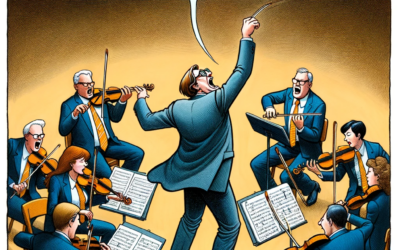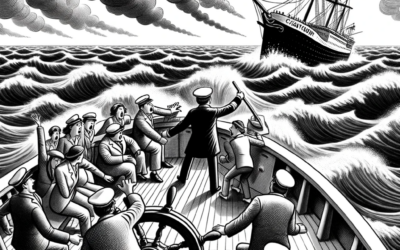Lots of leaders espouse the value of teamwork, but the quality and quantity of work that teams generate depends a lot on how teams are constructed and evaluated. In 1913, Max Ringelmann discovered that men pulled harder on a rope when they were alone than when they were in the group. The more people in the group, the less each individual pulled. Psychologists call this phenomenon “Social Loafing.”
The larger the group, the more anonymous we feel. The more anonymous we feel, the less we tend to exert ourselves. In part, our decreased effort is due to the assumption that other group members are also not working their hardest.
If you want to discourage social loafing and encourage good quality work from your team, here are four steps you can take:
1. Set high expectations, so that it’s clear to everyone that a strong collective effort will be needed to achieve the overall goal.
2. Set individual expectations and roles, so that everyone is accountable for their actions.
3. Limit the size of teams as much as possible, so that individuals can’t loaf and thereby encourage others to do the same. You might decide to keep a large team, but break it into subsets periodically to focus on different tasks.
4. Help forge a team identity. According to Jeremy Dean, author of PsyBlog, group importance and identification has been shown to improve team performance.
Teamwork can build organizational identification and commitment, but it can also lead to social loafing. Make sure your teams are actually working as hard together as they do by themselves.


